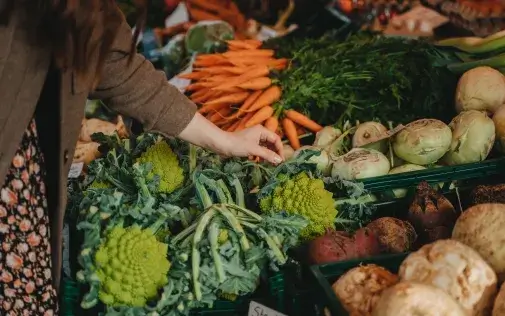
Conscious consumerism won’t stop climate change, but it can help us to improve our lives and also have a say in public debate.
Conscious consumerism can only be embraced by those who Jorge Riechmann calls “exemplary minorities”. The counter-cultural values and practices can spread to broader sectors of society, but in a much more diluted manner the farther they are, in terms of values and engagement, from the “irradiating nucleus”.
So, after this piece of advice, let’s take a look at what we can learn from conscious consumerism.
1. Saving “free of stigma”
In 2007, the average age of Spain’s car fleet was 8 years: an owner of a car would take it off the road and replace it with a new car long before it reached the end of its useful life.
Conscious consumerism brings a worldview where not needing a new car, a new TV, a new smartphone or new clothes is evidence of civic and environmental awareness. Getting rid of unnecessary consumption or lengthening the lifespan of our belongings shouldn’t be something we feel ashamed of nor should it affect our self-esteem; on the contrary, it is something to feel proud of.
2. Better quality and more satisfaction
Conscious consumerism can help us save money, but when we have to choose between equivalent products and services, usually those that are more respectful of the environment and labour conditions tend to be more expensive. Choosing such products and services often entails making an extra effort.
Luckily, this is usually compensated by direct satisfaction, such as better quality for some products (tomatoes that really taste like tomatoes) or a more pleasant experience. There are also other advantages that are more subjective. I am referring to feelings like the satisfaction one gets from knowing that through your choices you are contributing to projects that we feel are worth while, a sense of being coherent with our values and our practices…
3. Reorganising life
It can also bring us additional saving and benefits. At the end of the day, it often means redistributing our expenditure and this means we end up reorganising our lives. Maybe we spend less on clothes and travelling to far-away places, but spend more on better quality food and local tourism. We are aligning our lifestyle to our values.
4. Alternative success models
Conscious consumerism also brings another essential thing: health models, quality of life, happiness and success (both personal and collective). Investment and business activities are not intrinsically linked to “ruthless profit-making”. There are business models and practices that are supportive of the local economies, the environment and social and labour rights.
5. Social and community organising and new public policies
It can generate citizen organising. And this is greatly thanks to the existence of citizen-led organisations and experiences that contribute to boost public policies to encourage conscious consumerism and help transform the market.
Conscious consumerism isn’t a magic recipe, but it can give us tips and tools to improve our life. As we say at Opcions, it is a “necessary yet insufficient condition”. It’s not enough to overcome the multiple crises per se, but without new models and ways of consuming it becomes very difficult to envisage lifestyles and societies that are less vulnerable and more resilient to the crises we are experiencing.



Add new comment